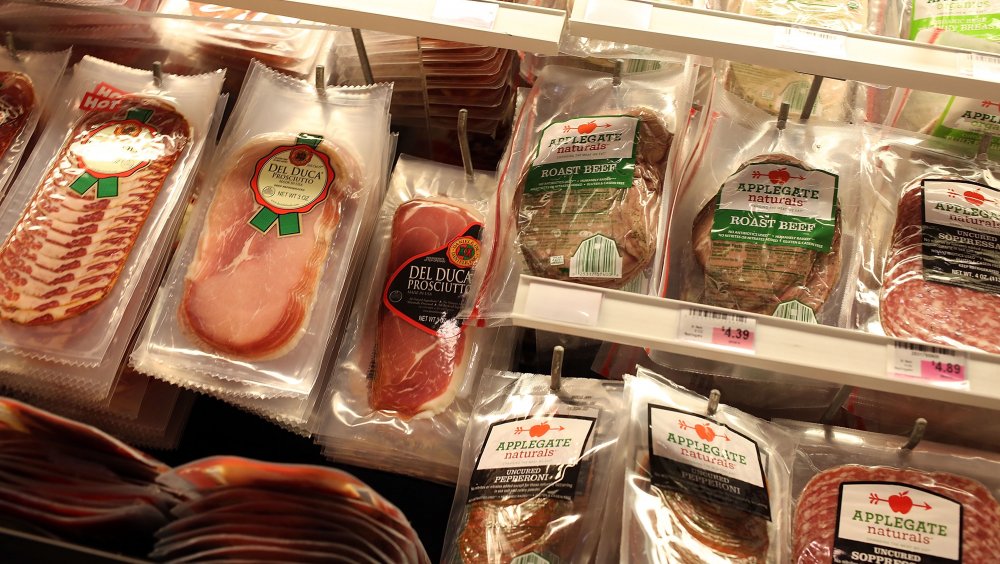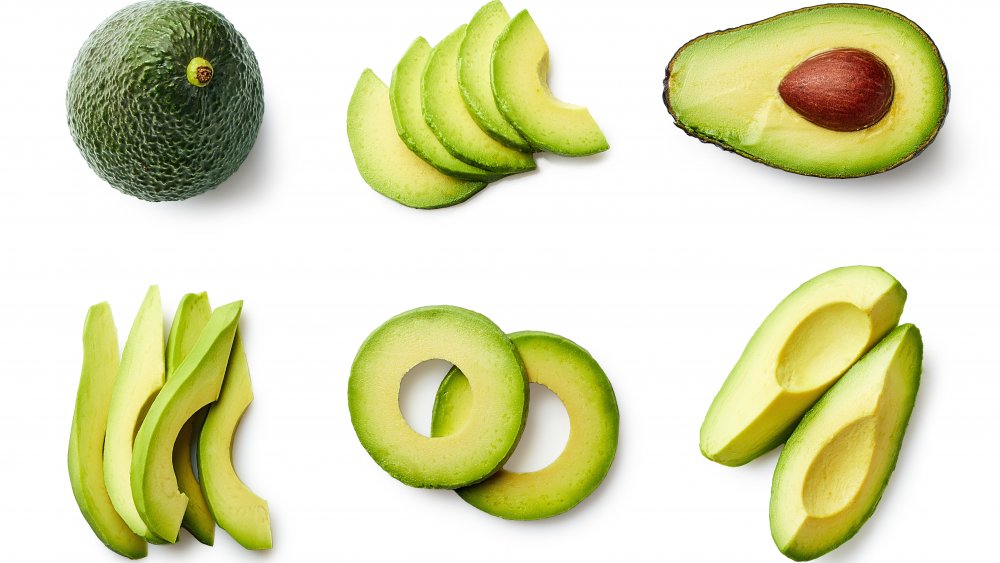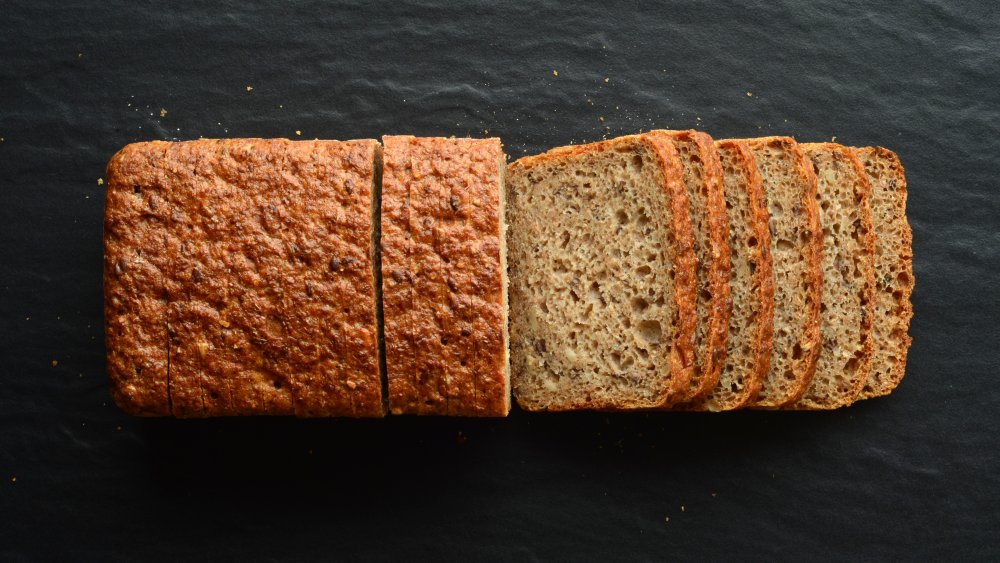The Worst Foods For Your Kidneys
Your kidneys are one of the hardest-working organs in your body. Every day they filter impurities out of your blood, remove bodily wastes, produce hormones, and balance fluids. What would you do without them? Well, actually, you would die. But before we get too dark, let's just talk about some preventative maintenance you can do to make sure your kidneys stay in shape.
The best thing you can do, particularly if you've got any of the high-risk traits that might lead to kidney disease, such as diabetes or high blood pressure, is to adopt a kidney-friendly diet. Healthline recommends omitting the following foods from your diet in order to decrease the level of waste products in your blood and allow your kidneys to catch a break.
Processed meats provide too much sodium and protein
You probably already know that meats such as bacon, hot dogs, pepperoni, and sausage are far less healthy than meat in a more natural state. Any processed meat typically contains a large amount of preservatives, but what really stresses out your kidneys is the high level of salt.
What's more, any meat, processed or otherwise, is high in protein. The National Kidney Foundation cautions that animal protein produces high levels of acid in the blood which can harm the kidneys if consumed in excess. They recommend a more balanced diet in which fruits and vegetables play a prominent role.
Avocados have excessive amounts of potassium
Of course, not all fruits or vegetables (avocados are actually the former, though usually thought of as the latter) are all that great for your kidneys. Avocados may be high in healthy fats, antioxidants, and fiber, but they are also quite high in potassium — 727 mg of potassium per cup of avocado.
This about twice the level found in bananas, which are often touted as a great source of that mineral. While potassium is usually a good thing, damaged kidneys are unable to remove excess potassium from the blood, so it can build up to potentially dangerous levels.
Whole wheat bread has too much phosphorus
Whole wheat bread is supposed to be so much healthier than white bread, isn't it? Well, not in all cases. If you have kidney disease, you really need to be careful with your choice of bread — the more bran and whole grains it contains, the higher its levels of potassium and phosphorus will be.
Phosphorus, as well as potassium, is a mineral that struggling kidneys may not be able to eliminate. Phosphorus consumption should be limited to 1,000 mg per day, while potassium (and sodium) should be restricted to 2,000 mg per day. As white bread typically contains less than half as much potassium and phosphorus than wheat bread, it may actually be a better choice as far as your kidneys are concerned.



